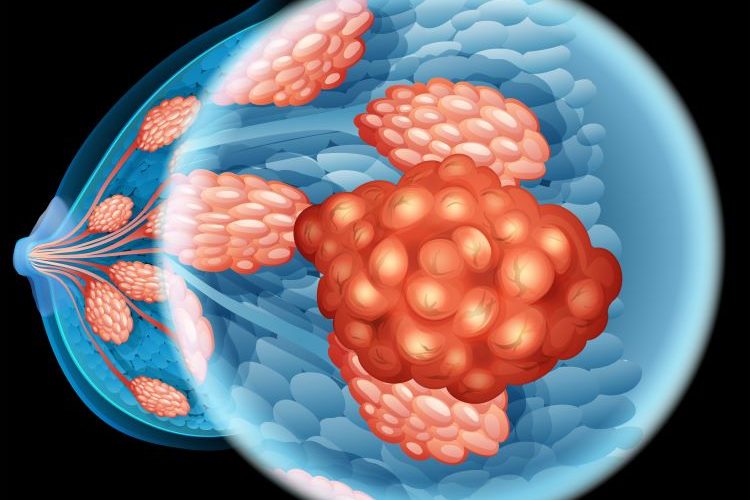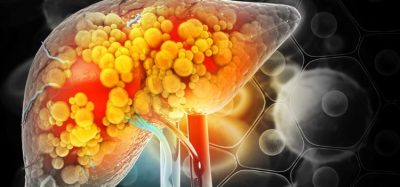Will ESR1-mutated breast cancer treatment gain approval?
Posted: 24 July 2023 | Catherine Eckford (European Pharmaceutical Review) | No comments yet
If approved by the European Commission (EC), ORSERDU® (elacestrant) would be the first treatment for ER+, HER2- advanced or metastatic breast cancer tumours with ESR1 mutations.


The Committee for Medicinal Products for Human Use (CHMP) of the European Medicines Agency (EMA) has adopted a positive opinion on approving ORSERDU® (elacestrant) for oestrogen receptor (ER)‑positive, HER2-negative, locally advanced or metastatic breast cancer (mBC) with an activating ESR1 mutation in patients with disease progression, following at least one line of endocrine therapy including a CDK 4/6 inhibitor.
A novel breast cancer treatment
The anti-cancer therapeutic is indicated for postmenopausal women, and adult men, with these clinical biomarkers.
Regarding clinical development, if approved by the European Commission (EC), ORSERDU would be the first and only treatment specifically indicated for patients with ER+, HER2- advanced or metastatic breast cancer tumours with ESR1 mutations.
ESR1 mutations are acquired mutations that develop due to endocrine therapy exposure. These mutations are found in up to 40 percent of patients with ER+, HER2- mBC. These mutations are a known driver of resistance to standard endocrine therapy. Until now, tumours with these mutations have been more difficult to treat.
Positive Phase III data for ORSERDU
Data from the Phase III EMERALD clinical trial demonstrated that ORSERDU offered statistically significant progression-free survival (PFS) with elacestrant versus standard-of-care (SOC).
There were 478 participants in the Phase III study. All had received prior treatment with one or two lines of endocrine therapy, including a CDK4/6 inhibitor. The primary endpoints of the study were PFS in the overall patient population and in patients with ESR1 mutations. In the group of patients whose tumours had ESR1 mutations, elacestrant achieved a median PFS of 3.8 months vs 1.9 months on the SOC. It also reduced the risk of progression or death.
The CHMP’s positive opinion of the “convenient daily oral treatment… brings us one step closer to providing an important new option to the patients and families impacted by ESR1-mutated, ER+, HER2- metastatic breast cancer,” stated Elcin Barker Ergun, CEO of the Menarini Group.
Related topics
Anti-Cancer Therapeutics, Biopharmaceuticals, Clinical Development, Clinical Trials, Drug Development, Industry Insight, oral therapeutic candidate, Regulation & Legislation, Research & Development (R&D), Therapeutics
Related organisations
Committee for Medicinal Products for Human Use (CHMP), European Medicines Agency (EMA), Menarini Group, Stemline Therapeutics









